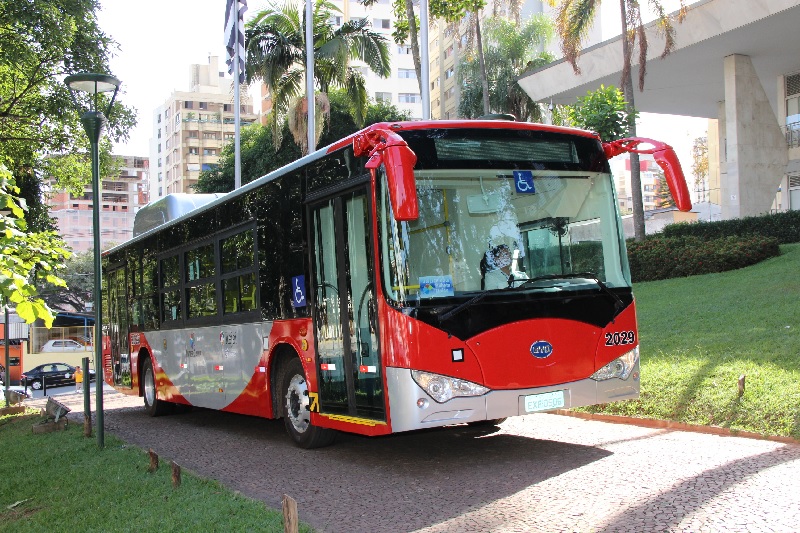The Municipal Secretariat of Transport of Campinas, in the interior of São Paulo, held last week the first public hearing in the cycle of hearings on the bidding process for the municipal bus services.
The concession is to be for 15 years and can be extended for another five years.
The city of Campinas is divided into four operating lots of bus companies by concession, in addition to 256 individual bus permits operated by cooperatives.
The current contracts date back to 2006 and were extended in 2021 with a termination clause, i.e. they end when the tender is concluded.
The tender will only cover the concessions. Instead of four lots, the system will be divided into two lots.
The total investments foreseen in the concession by the companies should be around R$ 1.4 billion, with R$ 650 million for the North Lot and R$ 750 million for the South Lot.
The companies offering the lowest rate of remuneration win and there will be no subsidy requirement.
The buses must have air conditioning, wi-fi and USB sockets for charging mobile phones.
The Secretary of Transport, Fernando de Caires, explained that the ticketing will not be part of the tender, as it will no longer be the responsibility of the companies, but will be left to EMDEC (Empresa Municipal de Desenvolvimento de Campinas). EMDEC will be responsible for the generation and commercialisation of credits and also for the equipment and validators that will be installed on the buses.
The promise is to have more control by the government and to be able to expand the methods of ticket payment.
Another aspect is in relation to the PAI (Inclusive Accessibility Programme), aimed at people with severe disabilities, which is now the responsibility of the companies. Under the proposed model, bus companies will no longer operate the PAI. For the Programme, there will be a specific tendering process.
Campinas’ BRT (Bus Rapid Transit) bus corridors will be operated 100% with electric buses, which will represent 20% of the city’s buses – 128 operational buses, in addition to the reserves. There will also be incentives for the inclusion of electric buses outside the corridors.
Bus companies can purchase or lease these electric buses. There may also be purchases of less polluting non-electric buses, such as natural gas buses, for example.
There will be charging stations for bus batteries, with solar panels for power generation, with investments for installation in the first year of the concession.
The financial management of the system will be independent, also outside the responsibility of the bus companies.
Two-hour integrations and the fare policy, including subsidies, will be maintained.
The restructuring of transport to the city differentiates between the public fare (paid by the passenger) and the remuneration fare (what the bus companies will receive according to the contracts).
The remuneration of the bus companies will take into account two pillars: remuneration for supply (payment of the cost of operating the services) and remuneration for demand. The aim is to make the companies increase quality and attract more passengers.
Thus, in practice, according to the presentation, companies will have to meet quality indicators, and meeting schedules will account for 50% of the weight in the remuneration account. Passenger satisfaction, safety and fleet conditions will also be part of these indicators that will influence how much companies will earn.
Fernando de Caires also explained that with the bidding process, the objective is to get more people to use public transport.
Currently, in Campinas, 1.8 million trips are made per day in various forms, from walking to motorised means. Buses account for 27% of these trips.
Passenger demand should be 90% of the total carried before the pandemic in the first year of the concession and, from the sixth year onwards, should reach 110% by 2019, similar to the 2017 ridership.
Another target is to increase the total number of seats on buses by 5%.





















